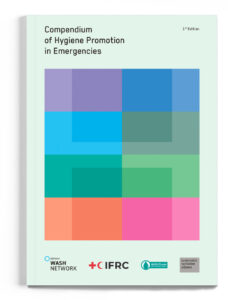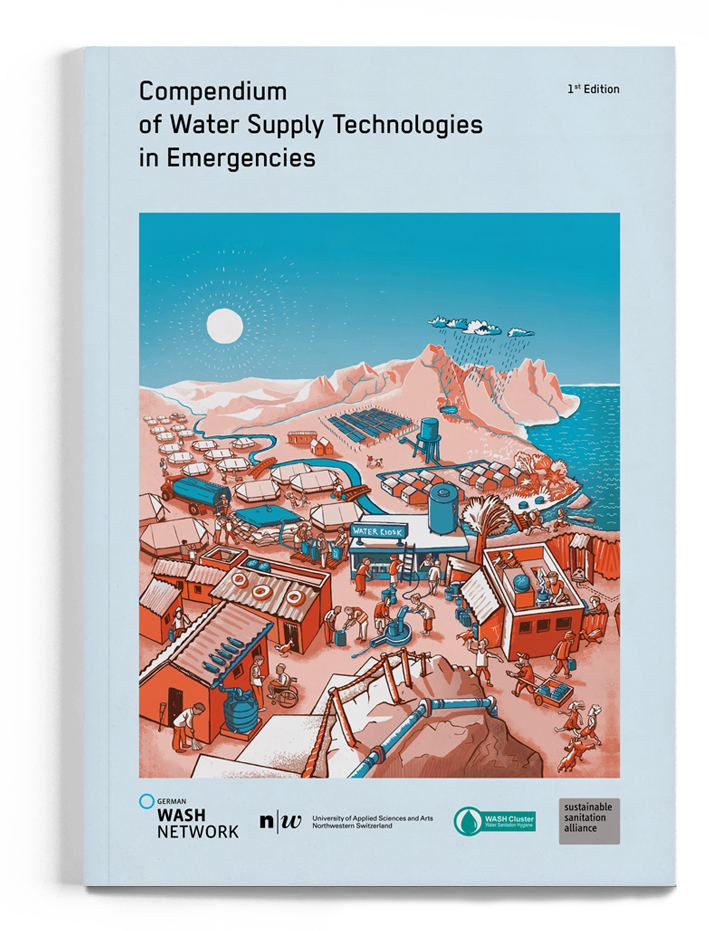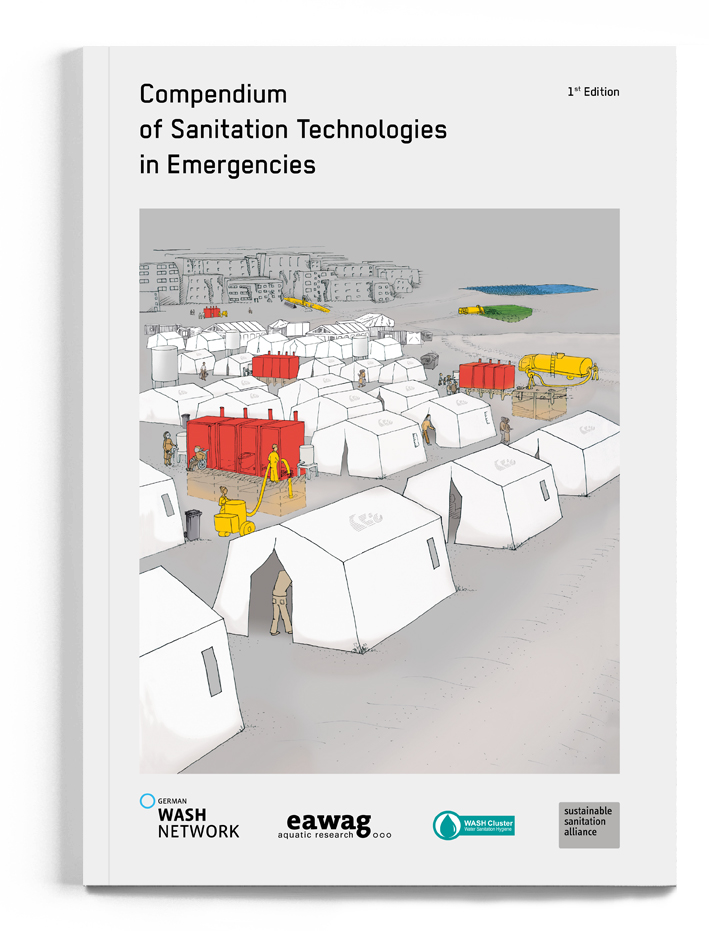Stockholm World Water Week 2015

Seminar: Gender sensitive indicators in sanitation and wastewater planning and implementation
Women and girls are differently affected by inadequate sanitation and wastewater management than men and boys due to their biological differences but also due to their gender roles. Women and Girls are predominantly responsible for hygiene and daily duties in the household. Also women and girls are more vulnerable endangered to become victims of sexual harassment if safe sanitation facilities are not in place.
Women are often underrepresented in the water and sanitation decision-making chain from planning to operation and maintenance incl. re-use, also because of the mainly technical aspects of water and sanitation projects.
In the proposed SDG Water Goal, the needs of women and girls are explicitly mentioned only under 6.2, but it is key to also include gender aspects under other targets. However, it is not yet clear (1) how to monitor and (2) achieve these targets.
This event will contribute to the monitoring discussion especially for targets 6.2 and 6.3 focusing on sanitation and wastewater management. National decision-makers, inter alia from AMCOW and implementers from the field, SuSanA, BORDA, WECF, GWA and UNEP will share their experiences how to monitor and to achieve gender equality under these targets in the global South and North.
Moderation by Priscilla Achakpa, Women Environment Programme, Nigeria and Sascha Gabizon, Co-Chair of Women´s Major Group, Women Engage for a Common Future
11:00 Introduction: status of sanitation, wastewater and related gender indicators in the current SDG discussions
by Graham Alabaster, UN-Habitat, and Francesca Greco, UNESCO WWAP
Presentation of best practices
11:15 UNEP/WECF: Claudia Wendland: gender sensitive checklist for wastewater and re-use projects
11:20 AMCOW: Nelson Gomonda (tbc): Africa example
11:25 BORDA: Maren Heuvels: South-East Asia examples
11:30 UNEP/WECF/RCDA: Bistra Mihaylova: Georgia example
11:35 GWA: Shaila Shahid: Bangladesh example
11:40 GIZ: Bassam al Hayek, Jordan example
11:45 Concrete contributions to the Sustainable Development Water Goal (SDG 6.2 and 6.3) discussions – Panel discussion with audience interaction
Bai Maas Taal, AMCOW
Maria Mutagamba, UNSGAB, Uganda (tbc)
Shaila Shahid, Bangladesh (GWA)
Uschi Eid, UNSGAB
Catarina de Albuquerque, SWA (tbc)
Birguy Lamizana, UNEP
12:20 Conclusion and closing
Find the Seminar in the official World Water Week programme here
Seminar Organizers
African Ministers’ Council On Water
Bremen Overseas Research & Development Association
Deutsche Gesellschaft für Internationale Zusammenarbeit
Gender and Water Alliance
Sustainable Sanitation Alliance
UN World Water Assessment Programme
United Nations Environment Programme
Women Engage for a Common Future
Invited Experts & Speakers




